E.Coli septicaemia is something we usually see in calves less than seven days old. It can cause severe scour and dehydration, meningitis and often death. Luckily, for this type of E.Coli infection, we can protect the new born by vaccinating the dam during late pregnancy and feeding the calf the antibody-rich colostrum as well as ensuring excellent hygiene in our calving yards and calf sheds. However, we’ve seen a few cases of a new strain causing E.Coli septicaemia in weaned calves.
The first reports on this new and emerging condition were from three farms in Scotland but it has now been seen across the UK. The disease takes hold very quickly and calves may begin to show signs such as a fever, rapid breathing and toxic mucous membranes before progressing to being down, having seizures and death. This usually all happens within 24 hours so the calf may appear normal in the morning and be rapidly deteriorating by the afternoon. In some cases, swelling of the joints has been reported which leads to chronic arthritis in any calves that do survive. Unfortunately, the calves often don’t respond well to treatment.
As the condition is so new, there is a lot of research going on into how it may be being spread and how we can stop it. The strain of E.Coli that has been identified in all cases has been the same all around the country. The current thinking from the SRUC and APHA is that the strain seen is most similar to one found in poultry. Based on this, it seems sensible to try and keep birds out of feed, water supplies and sheds as they can also spread other undesirable diseases such as Salmonella.
Advice from the researchers is to maintain good biosecurity and hygiene. Ensuring calves are mucked out regularly, milk feeders (whether automatic or not) are kept clean and calves remain well bedded.
It is important to remember that other diseases such as Salmonella, Mycoplasma Bovis and Histophilus Somni can present similar to this initially. If you have any concerns please speak to your vet as we still have our calf post-mortem service as well as APHA offering some funding for PMs that present as suspected E.Coli septicaemia in weaned calves. At the moment, cases have been sporadic and remain quite rare so please don’t panic! We’re here to help should you need it.

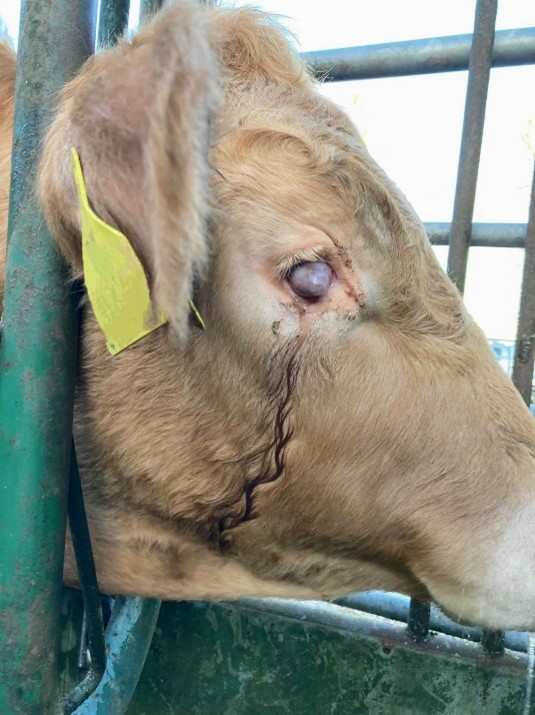
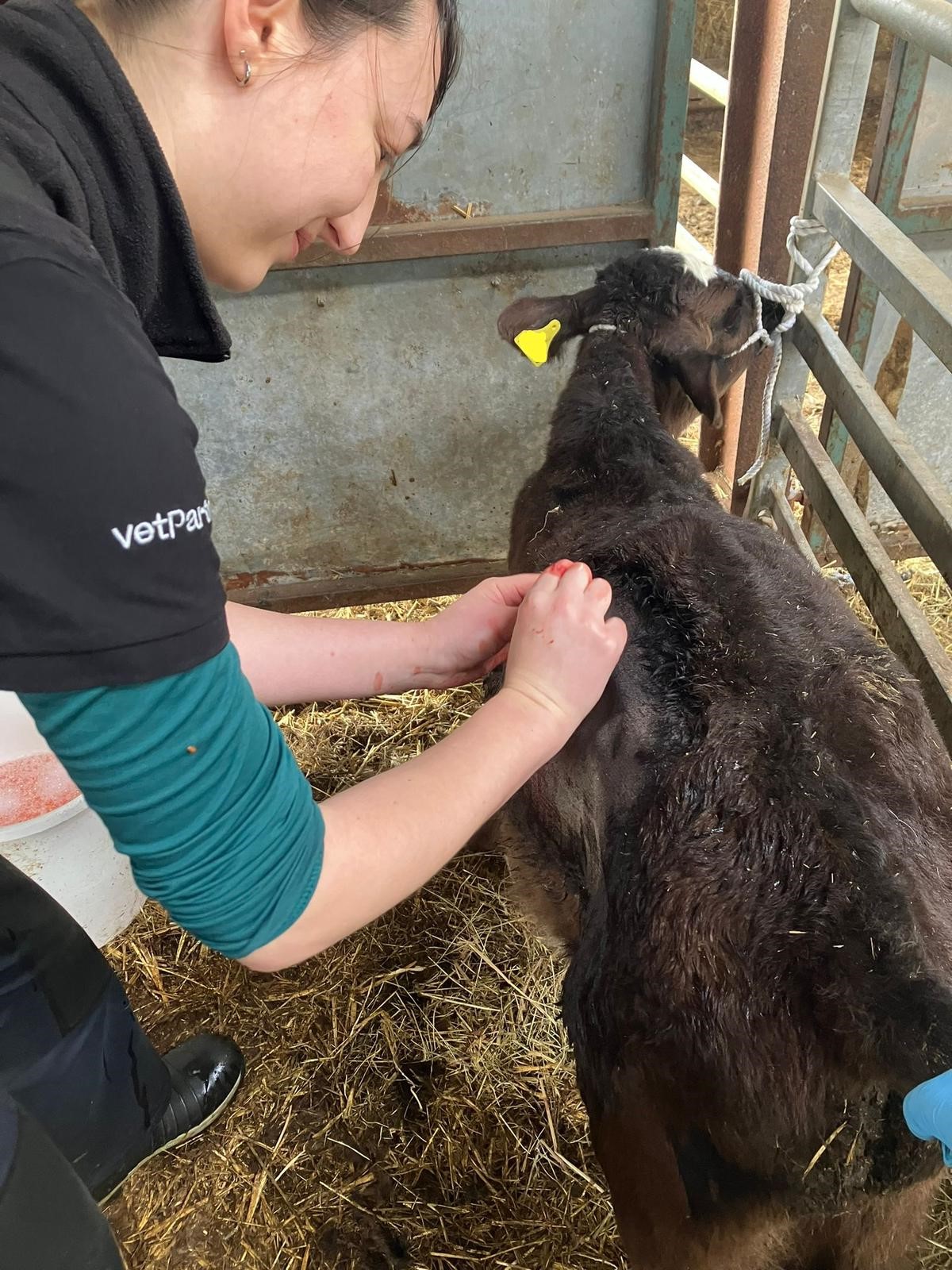
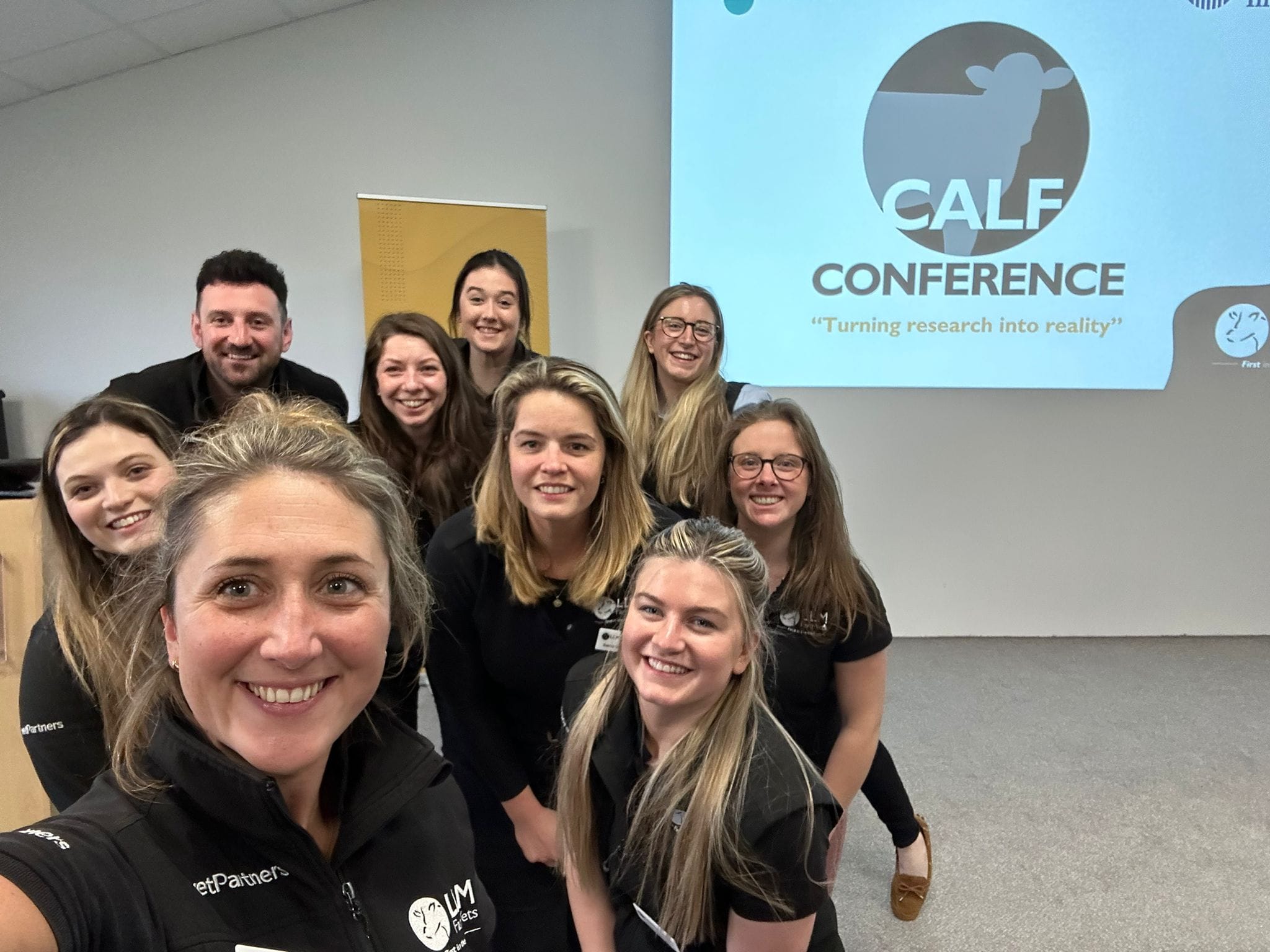

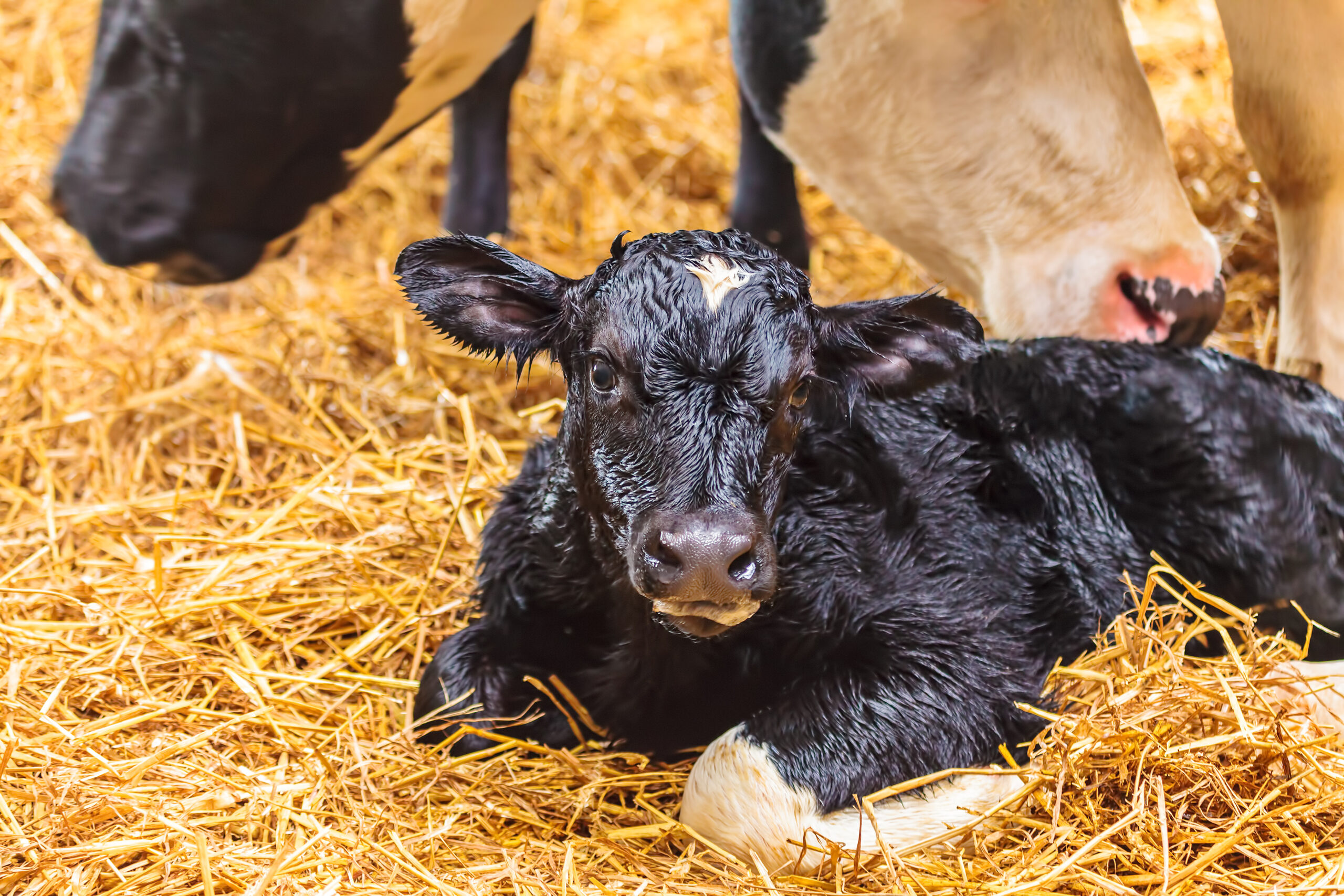


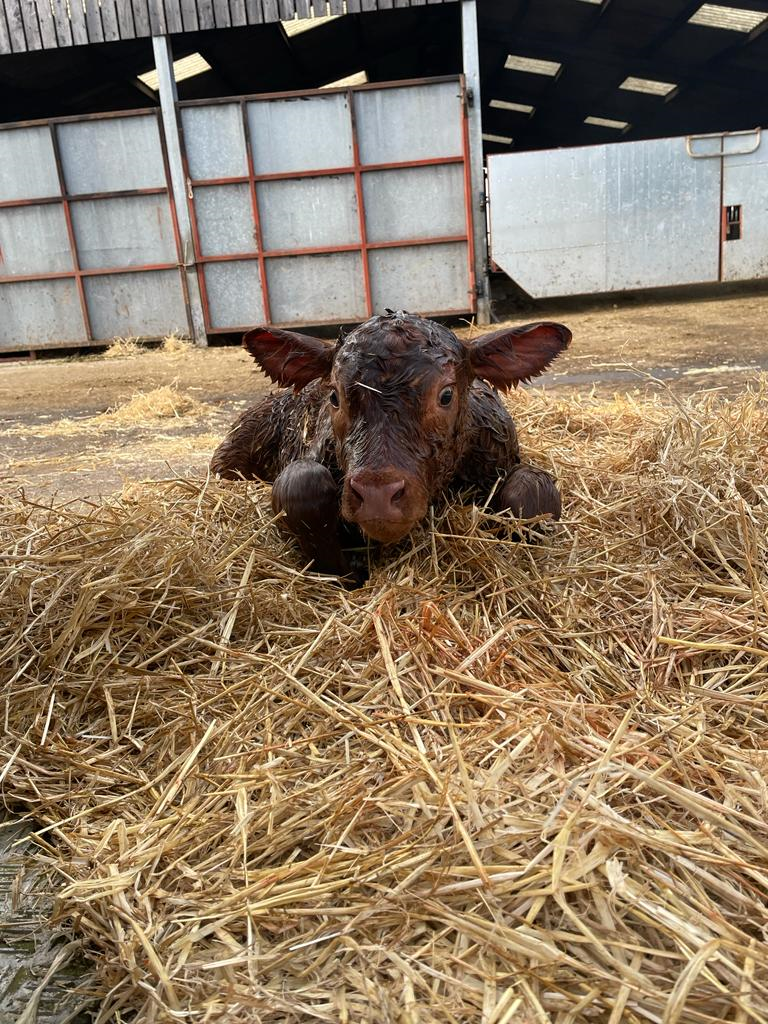

Leave A Comment